According to a recent report by KoreaBusiness, the outbreak of the novel coronavirus is slowing the recovery of the global memory chip market. Industry insiders said that worries about falling demand caused by falling prices have surpassed worries caused by factory production cuts.
According to the latest report from DRAMeXchange, the spot price of DDR4 8 Gb PC DRAM and the spot price of MLC 128 Gb NAND Flash have started to decline recently after rising for the previous two months. Specifically, the spot price of DDR4 8 Gb PC DRAM has fallen from US $ 3.48 to US $ 3.41 on February 4, while the spot price of MLC 128 Gb NAND Flash has fallen from US $ 6.19 to US $ 6.1 on February 5.
The resumption of the decline in memory chip prices after a short rise is not a good sign for Samsung Electronics and SK Hynix. According to IHS Markit, Samsung Electronics and SK Hynix held 47% and 27% of the global DRAM market in the third quarter of 2019. The decline in memory chip prices in the past two years has greatly reduced the profitability of these two companies in 2019. Therefore, since 2019, the two companies have begun to reduce production and reduce capital expenditures in the hope that prices will resume rising in 2020.
The report further pointed out that the market was expected earlier that the gradual promotion of 5G in the first half of 2020 could further stimulate the demand for cloud computing, data centers and artificial intelligence, and significantly increase the purchase of mobile phone and server products, so that the price of memory chips can rise further, which will boost the recovery of the memory chip market. However, after the outbreak of the novel coronavirus, the decline in demand in China, which accounts for more than half of the total global demand, will continue for some time, which will affect the sales of the two companies, Samsung and SK Hynix.
In addition, market research company Counterpoint Research recently stated that just in the first quarter of 2020, when novel coronaviruses are spreading, the demand for smartphones in China is expected to decline by 20% compared to the same period in 2019, and the decline in the second quarter is about 10% . Therefore, once the sales of mobile phones decline, the demand for memory chips will decline, and the expectations of the memory chip industry's recovery will be delayed.

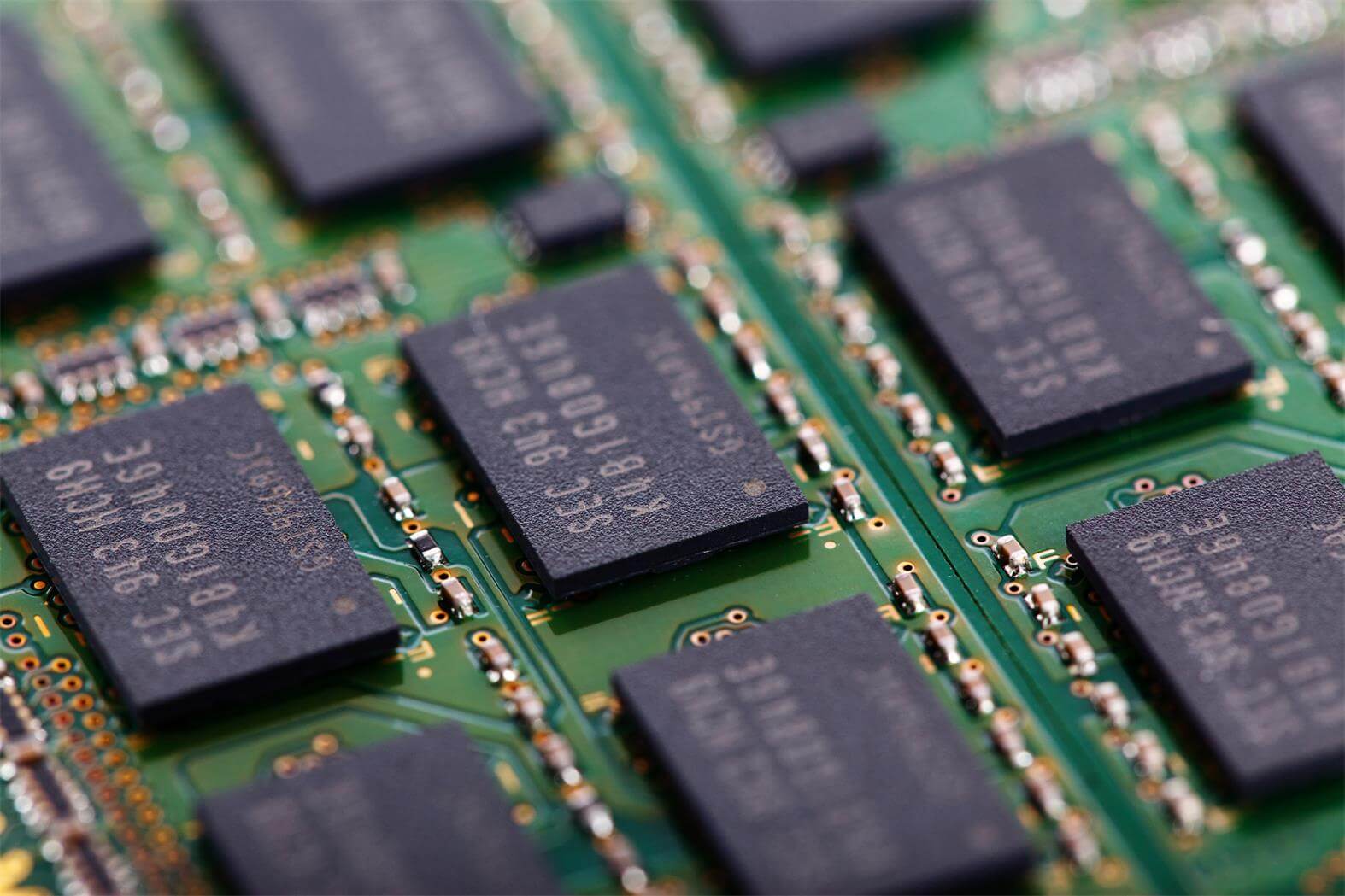




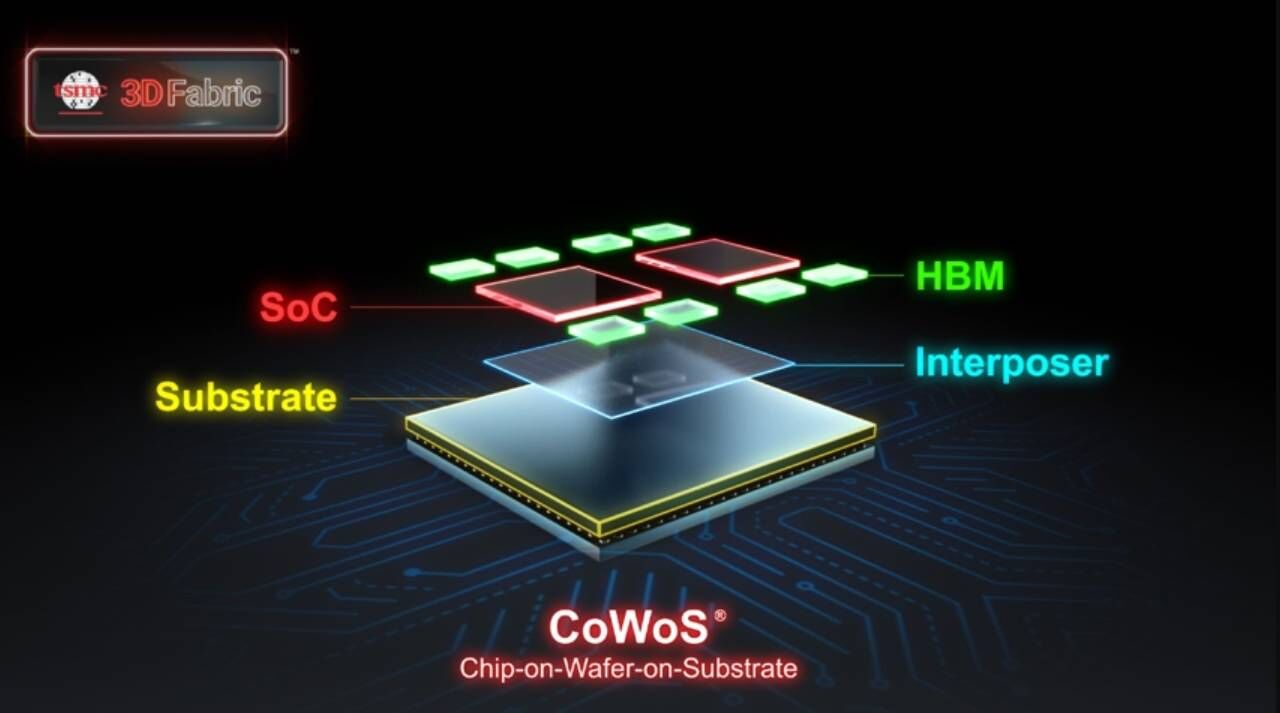
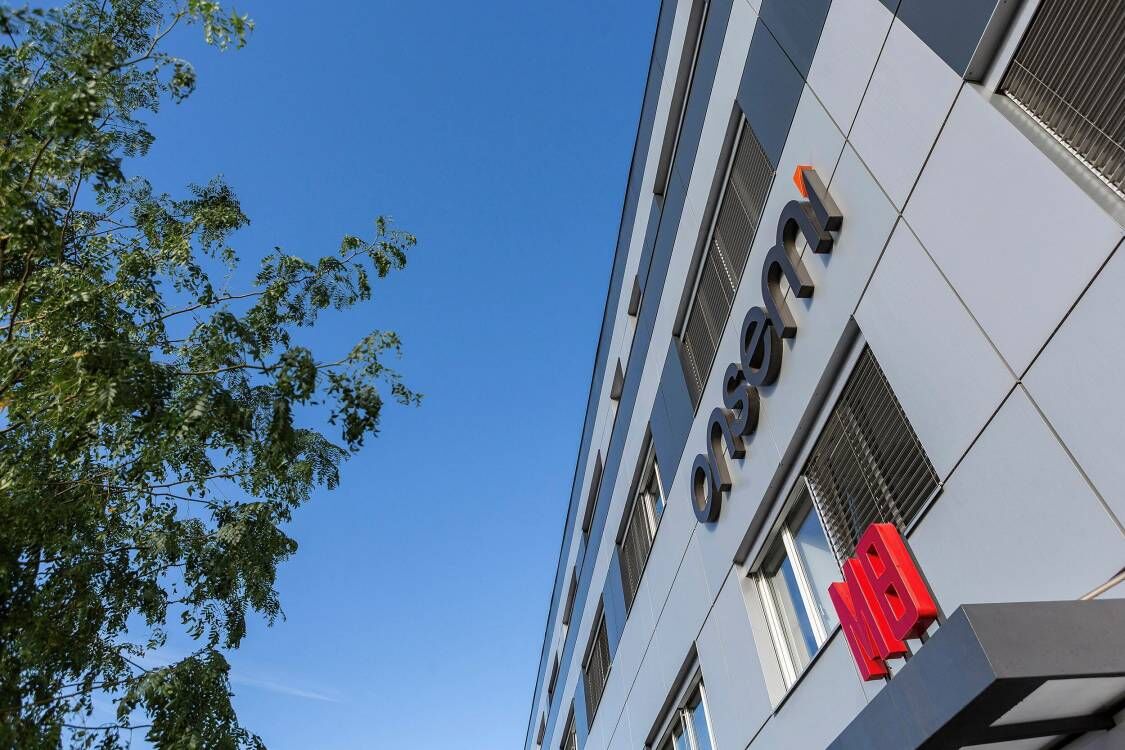
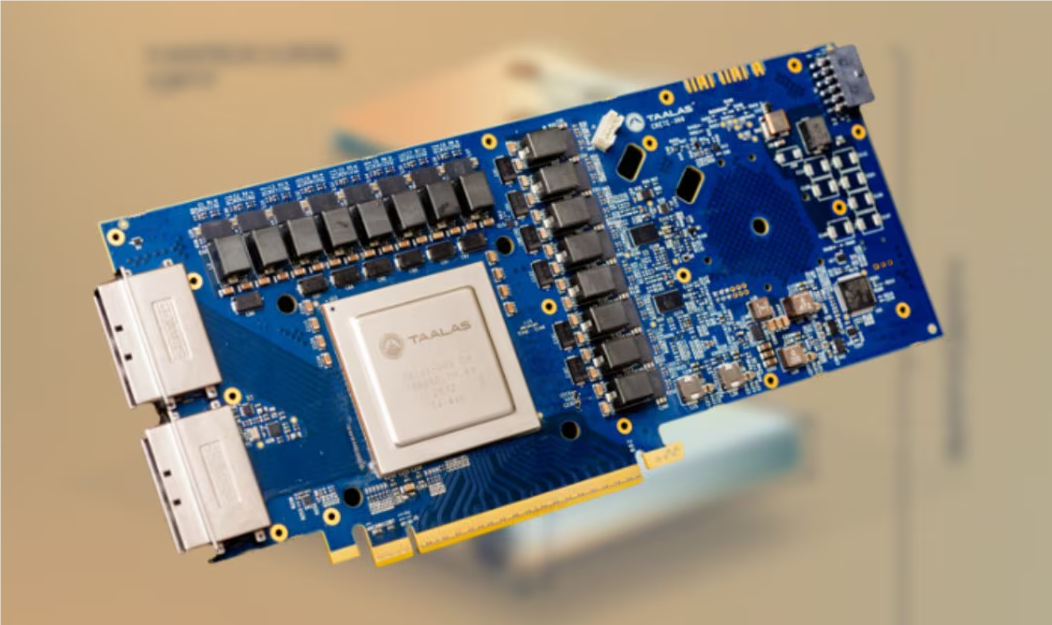
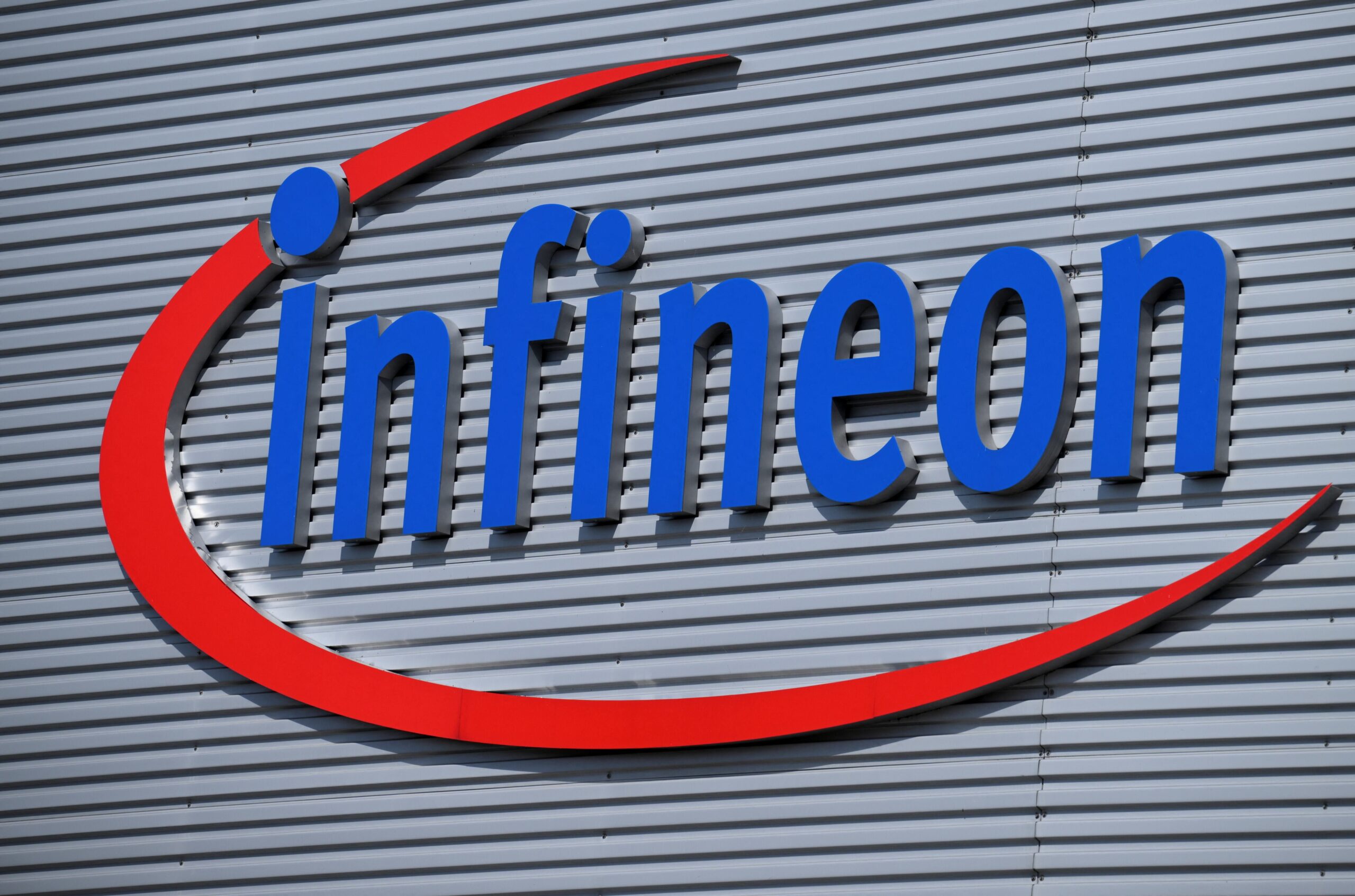
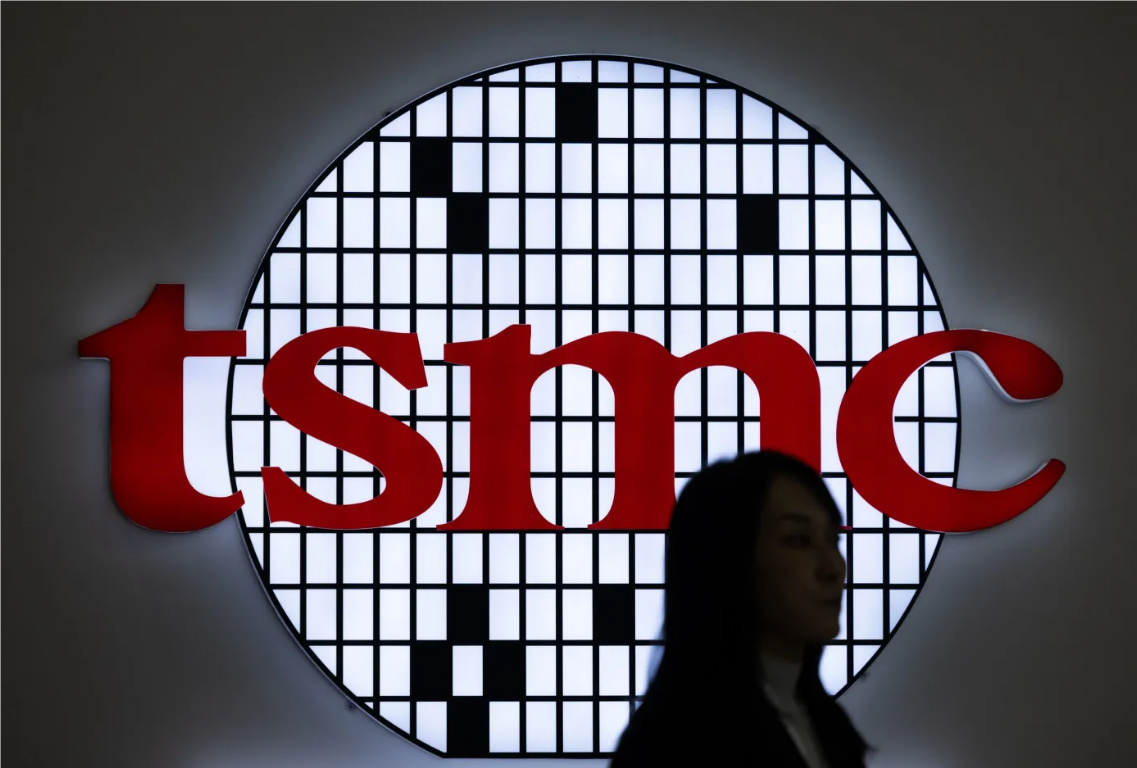
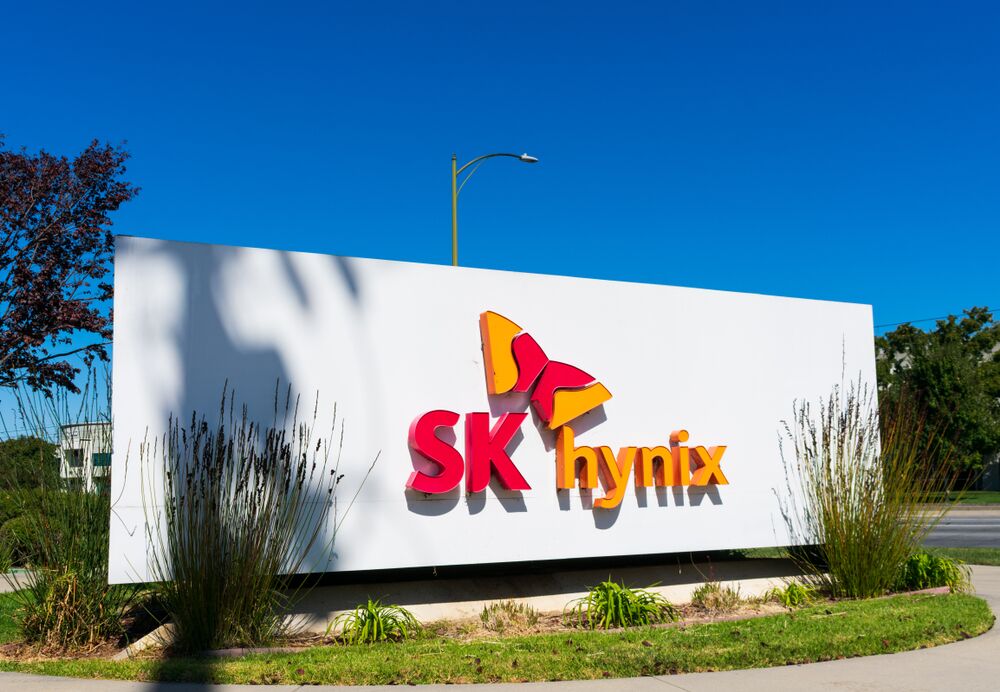
All Comments (0)